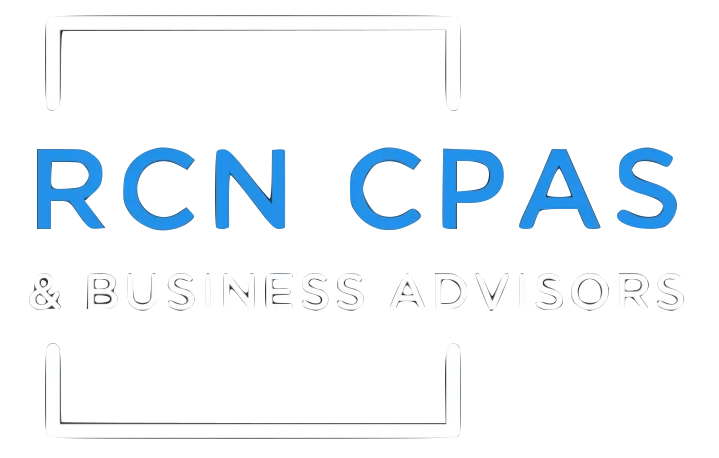How to Keep Your Team Focused and Executing Effectively
Why do some businesses handle complex projects with ease while others struggle to keep their teams aligned?
Imagine this: you’re a practice owner preparing to expand your office. You’re managing staff schedules, ensuring customer service or patient care isn’t disrupted, coordinating with contractors, and working with your accountant to stay on budget. Without proper alignment, even the most well-planned project can spiral into missed deadlines, frustration, and costly mistakes.
You may have a strong vision for growth or a solid plan to streamline operations—but strategy alone isn’t enough. Without execution, even the smartest ideas fall flat. Miscommunication and misalignment drain time, money, and energy. That’s why having a strong, unified team is one of the biggest competitive advantages for any business owner.
The real challenge isn’t starting projects—it’s keeping your team focused, organized, and moving forward. The good news? With the right strategies, you can streamline execution, boost productivity, and make sure projects run smoothly. Here’s how successful business owners in Kennesaw keep their teams aligned.
1. Create Clear Communication Channels
Strong communication keeps projects moving. Without it, even small missteps can stall progress.
For every new client project, we start with a kickoff meeting to define scope, objectives, and roles. Then, we use project management software as a central hub where everyone—from accountants to payroll specialists—can access documents, updates, and notes in real time.
We also schedule regular check-ins (weekly or bi-weekly) to review progress and address potential roadblocks early. And because small business owners are busy, we provide simple progress reports—no overwhelming spreadsheets, just clear insights into what’s done and what’s next.
2. Define Roles with the RACI Matrix
When multiple people are involved, responsibilities can get blurred. That’s why we use the RACI matrix:
- Responsible – Who is doing the work?
- Accountable – Who ensures the project is successful?
- Consulted – Who gives input before decisions are made?
- Informed – Who needs updates after decisions are made?
For example, in a payroll optimization project, one accountant may be responsible for data entry, the team lead accountable for results, you (the owner) consulted for decisions, and HR informed once changes are finalized. This simple framework eliminates confusion and ensures nothing falls through the cracks.
3. Build a Shared Vision & Set Measurable Goals
Alignment isn’t just about knowing who does what—it’s about understanding why.
Before starting any project, we work with clients to define what success looks like.
That could mean improving cash flow, reducing expenses, or preparing financials for a loan application. From there, we break broad objectives into measurable goals. Instead of saying “improve cash flow,” we define steps like reducing late payments, streamlining invoicing, or monitoring expenses more closely.
When goals are clear and trackable, your team knows how their work connects to the bigger picture. Progress is easier to see, celebrate, and maintain.
4. Use Project Management Tools
Even small businesses benefit from project management tools. Platforms like Asana, Trello, or Monday.com help you organize tasks, assign responsibilities, and track deadlines in one place.
For instance, if you’re rolling out new accounting software, these tools can track whether staff completed training, uploaded data, or flagged issues. Instead of juggling endless email threads, everything is visible and centralized.
This structure reduces confusion, improves accountability, and keeps projects moving forward with fewer headaches.
5. Track Progress & Celebrate Milestones
Execution requires consistent monitoring. Set checkpoints to measure what’s working and where adjustments are needed. For example:
- Did the new payroll system save administrative hours?
- Did early tax planning with your accountant make filing season smoother?
But don’t just track results—recognize effort. Commending your team’s dedication, even before the final outcome, boosts morale. Small wins and consistent recognition remind your team that their work matters. When people feel appreciated, they stay motivated and engaged.
Partnering for Your Business’s Success
Your business isn’t just a company—it’s your passion and your future. That’s why keeping your team aligned and projects running smoothly is so important for long-term growth.
At RCN CPAs & Business Advisors, we go beyond the numbers. We partner with business owners to bring clarity, structure, and accountability to financial projects. From communication and role definition to measurable goals and the right technology, we help ensure your business is positioned to thrive.
👉 If you’re a business owner looking for an accounting partner who understands your goals and is committed to your success, let’s connect. Together, we’ll build a stronger future for your business.





